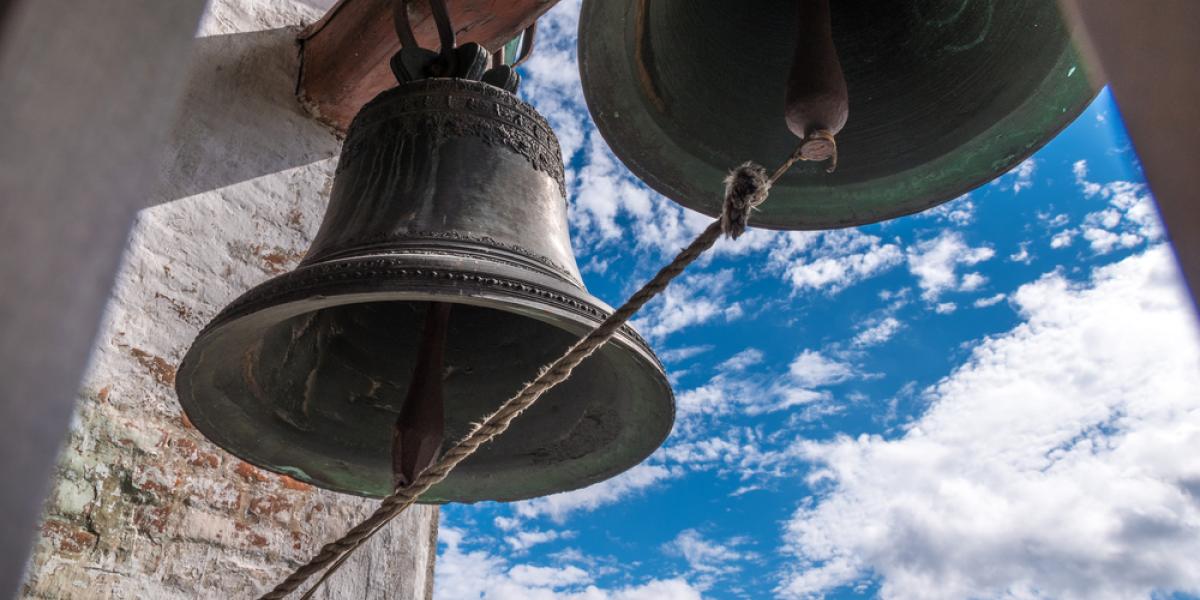
With the calendar turning from July to August, the window for international students to arrive on U.S. campuses this fall is closing rapidly. New analysis conducted by NAFSA in partnership with JB International reveals what is at stake for the U.S. economy if the world’s global talent is turned away, or turns away, from the United States.
NAFSA’s preliminary analysis predicts a possible 30-40 percent decline in new international student enrollment this fall and an estimated 15 percent drop in total enrollment. This would translate into a loss of $7 billion to local U.S. economies and more than 60,000 jobs. State-level data is also available to view, to drive home the point that these losses will impact businesses in every corner of the country.
Self-Inflicted Loss
These are declines on par with those during the first years of the COVID-19 pandemic. A major difference between now and then, however, is that these losses would be self-inflicted, as Fanta Aw, NAFSA’s executive director and CEO has pointed out.
A major factor driving this decline is the visa processing backlog created by the lengthy suspension of new visa appointments this spring—a critical time for students seeking visas for the fall semester. Some embassy posts still have not resumed scheduling appointments.
This disruption was compounded by a vague directive from Secretary of State Marco Rubio that consular officers conduct stricter social media screening of student visa applicants, yet no additional staff capacity was granted to assist consulates in handling the backlog or the more onerous vetting procedures. There has been no transparency in what the consular officers are screening for, further adding to confusion and uncertainty among students.
What is especially vexing about this additional vetting directive, and the other host of actions against international students—including a threat to end duration of status—is that it appears to be driven by the current administration’s concerns about international students and their visa overstay rate. As argued by NAFSA and recently by the National Foundation for American Policy, the government’s calculation of the overstay rate is deeply flawed.
Field Reports Underscore the Effects
NAFSA and JB International’s preliminary projections and findings are backed by more than 250 reports from the field that NAFSA has collected since the pause of student visa interviews began in May. These reports show that:
- Seventy-nine percent of the 182 institutions that responded to NAFSA's survey anticipate a drop in international enrollment this fall compared to previous years. Most respondents predict the shrinkage will be greater than 10 percent.
- The top five countries that international students and scholars are turning to instead of the United States are (in descending order) United Kingdom, Canada, Australia, China, and Germany.
- The embassies and consulates with the most reports of visa appointment cancellations or unavailability include India, Nigeria, Ghana, China, South Korea, and Japan. This aligns with the countries that send the most students to the United States.
- The top effects reported by institutions are deferred admissions, deferral requests, increased student inquiries and concerns, lost enrollment, and delays in expected summer or fall arrivals.
- The top actions responding institutions are taking include offering deferral of admission, late arrival accommodations, and distance learning options.
In looking at the multitude of ways international students and scholars enrich U.S. research and innovation, it is not an oversimplification to say that the United States’ loss is other countries’ gain—and we will feel the effects of this loss well into the future.
Not Too Late to Recover
The good news, if there is any: It is not too late. As Aw said in a LinkedIn live discussion, the government can still correct its course. But it must act immediately. NAFSA and the U.S. for Success Coalition, of which NAFSA is a founding member, have been vocal in urging Secretary Rubio to:
- provide expedited visa processing and appointments for all F-1, M-1, and J-1 visa applicants and
- exempt students and exchange visitors from the current entry bans affecting nationals from 19 countries, while maintaining background checks and vetting required for visa issuance.
Keeping the Advocacy Pressure On
The advocacy response from international educators is making a difference! More than 12,000 messages have been sent by individuals to Congress, urging its immediate intervention with Secretary Rubio. Rep. Deborah Ross (D-N.C.) led a bipartisan group of House representatives in demanding action by Secretary Rubio. This outreach must continue. International educators are encouraged to share this call to action with their networks, and to inform their campus/organizational leadership. Those with ties to their federal relations office are asked to flag this issue, the economic impact ramifications, and the policy solutions for them.
